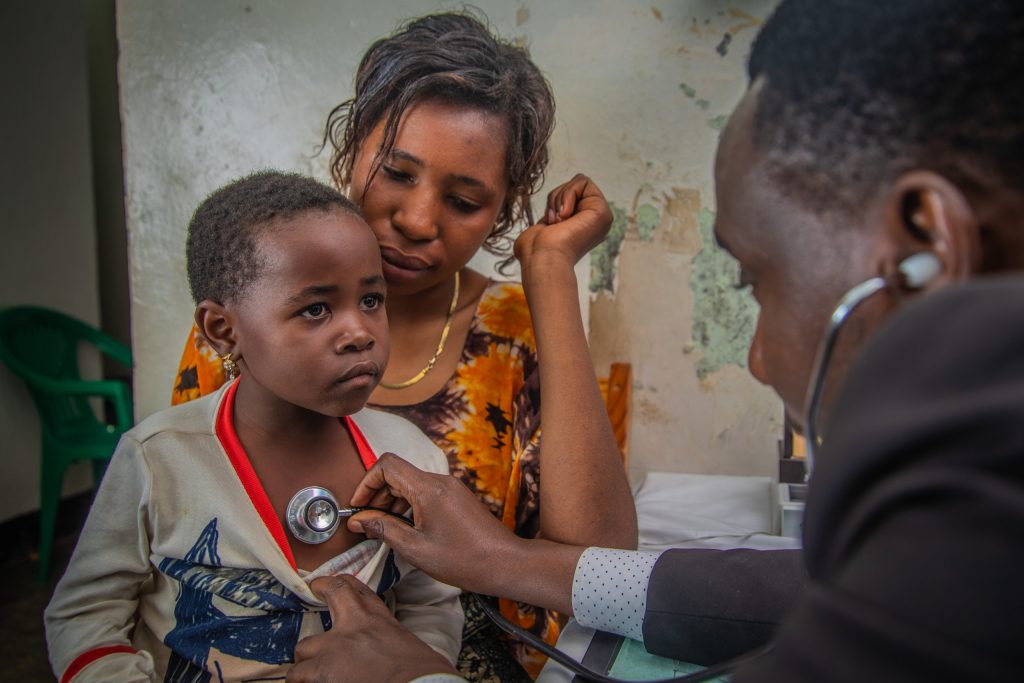Tanzania, a country in East Africa, has achieved a significant milestone in the battle against tuberculosis (TB). Over the past eight years, the nation has witnessed a remarkable 35% reduction in TB-related deaths.
This substantial progress can be attributed to various factors, including increased case notification and improved treatment outcomes. In this article, we will delve into the relevant data and explore the strategies that have contributed to Tanzania’s success in tackling this infectious disease.
The Prevalence of Tuberculosis in Tanzania
Tuberculosis is a major public health concern in Tanzania, with the country being among the 30 high-burden TB countries worldwide. According to the World Health Organization (WHO), Tanzania ranked 18th globally for the highest number of new TB cases in 2020, with an estimated incidence of approximately 226,000 cases.
Enhancing Case Notification
One of the key factors in Tanzania’s progress against TB is the significant improvement in case notification rates.
Health authorities and stakeholders have implemented various strategies to increase the detection and reporting of TB cases. These initiatives include strengthening surveillance systems, expanding access to diagnostic services, and promoting community engagement.
Efforts such as active case finding campaigns, mobile clinics, and door-to-door screening have played a crucial role in reaching remote areas and marginalized populations. By actively identifying and diagnosing TB cases, Tanzania has been able to initiate timely treatment and prevent further transmission.
Improved Treatment Outcomes
In addition to enhanced case notification, Tanzania has made significant strides in improving treatment outcomes for individuals diagnosed with TB. The country has implemented the WHO-recommended Directly Observed Treatment, Short-Course (DOTS) strategy, which ensures that patients receive standardized treatment under close supervision.
Moreover, the availability of high-quality anti-TB drugs, continuous monitoring of treatment adherence, and strengthened healthcare infrastructure have contributed to improved treatment success rates. Adequate counseling and support services have also played a crucial role in helping patients complete their treatment regimens, reducing the likelihood of drug resistance and treatment failure.
Strengthening Healthcare Systems
The progress in combating TB in Tanzania is not only attributed to specific interventions but also to overall healthcare system strengthening. Investments in health infrastructure, training of healthcare professionals, and supply chain management have significantly improved the capacity to deliver comprehensive TB care across the country.
Moreover, partnerships between the Tanzanian government, non-governmental organizations, and international agencies have played a pivotal role in mobilizing resources, technical expertise, and funding for TB control programs.
These collaborations have facilitated the development and implementation of evidence-based policies, guidelines, and innovative interventions to combat the disease effectively. Tanzania’s remarkable 35% reduction in TB-related deaths since 2015 is a testament to the country’s commitment and efforts in combating this deadly infectious disease.
By focusing on increasing case notification rates, improving treatment outcomes, and strengthening healthcare systems, Tanzania has made substantial progress in the fight against TB.
However, despite these achievements, challenges remain. The COVID-19 pandemic has presented additional obstacles to TB control efforts, highlighting the need for resilient and adaptable healthcare systems.
Sustained investments, continued political commitment, and international support will be crucial to maintain and accelerate progress toward ending TB in Tanzania and achieving the global goal of a TB-free world.

